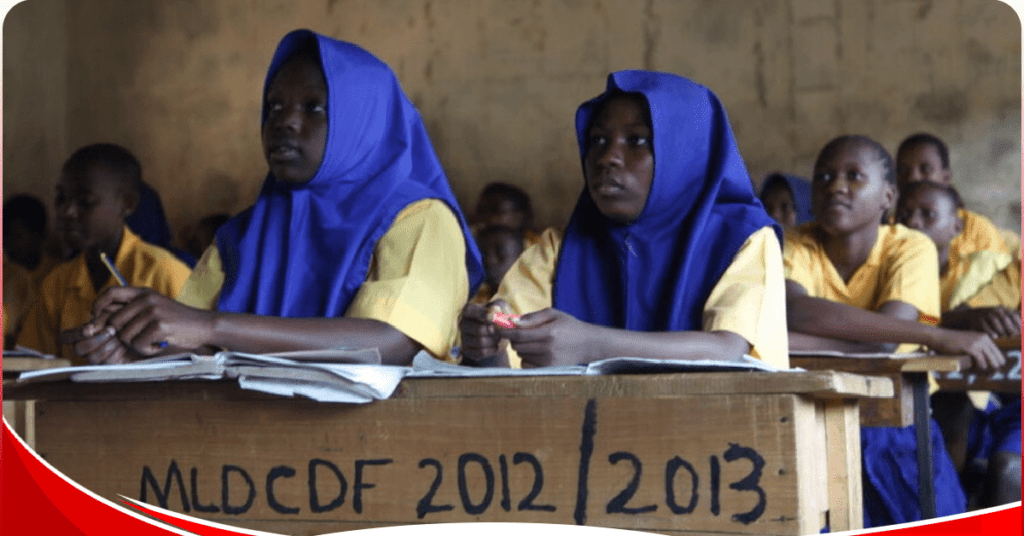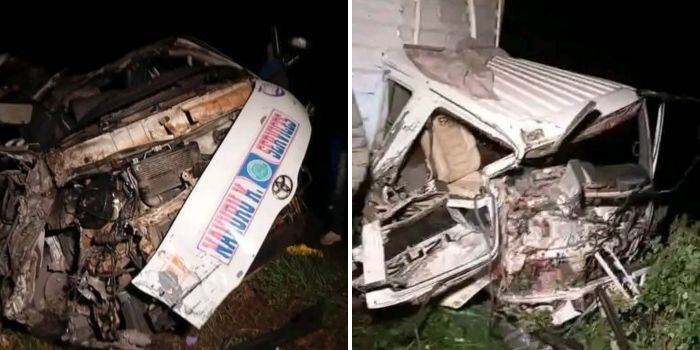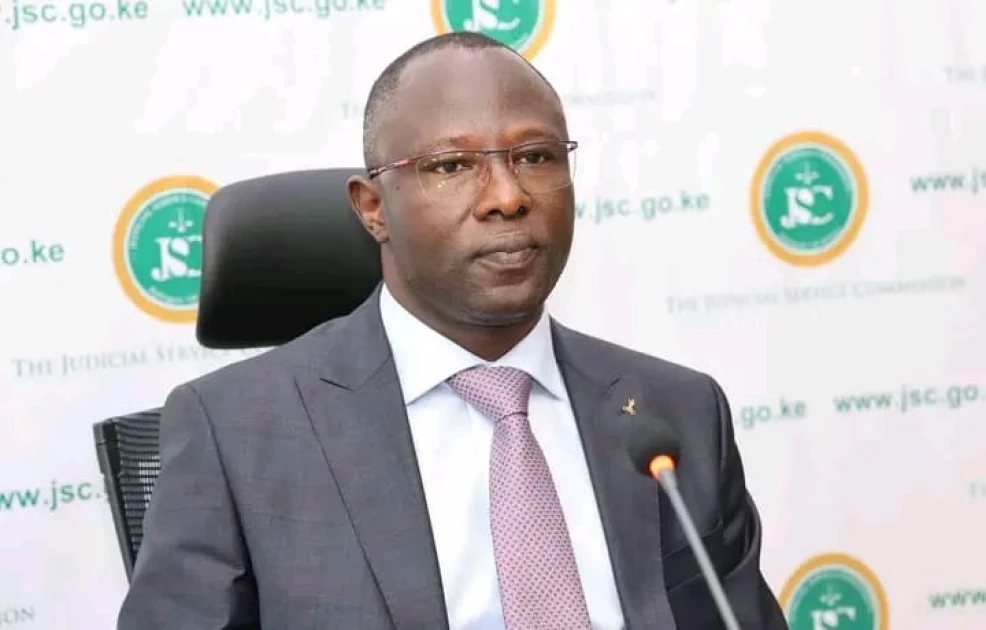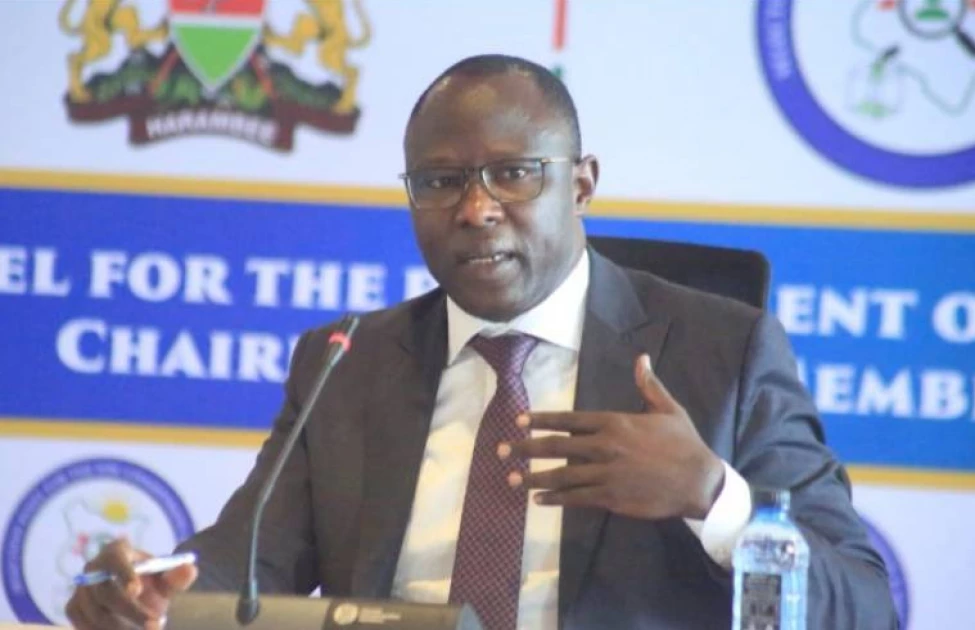The small coastal town of Lamu County was buzzing with fury as news spread about a controversial decision to strike off 700 students from the bursary list.
The bursary program was designed to support students from low-income families, helping them afford education and pursue their dreams.
However, the recent move had left many families outraged and feeling betrayed.
As the sun beat down on the dusty streets, groups of angry parents and students gathered outside the local government offices, demanding answers.
They waved banners and chanted slogans, calling for justice and accountability.
Among them was Fatma, a determined mother whose son had been counting on the bursary to continue his studies.
“I cannot believe they would do this to us,” she exclaimed, her voice trembling with emotion. “We rely on this support to send our children to school. Without it, how are they supposed to succeed?”
READ ALSO: Government increases bursary allocations for students
Why the learners were removed from bursary list
The decision to strike off the students had been made by a committee appointed by the county government, citing budget constraints and a need to prioritize funding for other projects.
However, many felt that this was just an excuse and that the real reason was corruption and mismanagement of funds.
“They have money for fancy cars and luxurious trips, but they can’t spare a dime for our children’s education,” one protester shouted, his fists clenched in anger.
However, local leaders attempted to calm the crowd, promising to review the decision and ensure that those affected would receive the support they deserved.
In the days that followed, the issue continued to dominate headlines, sparking a national debate on the importance of education funding and accountability.
Some residents saw it as a wake-up call to address systemic issues of corruption and inequality in the county.
READ ALSO: Gov’t starts crackdown on parents who have not taken their children to school
As the sun set on another day of protests and unrest, one thing was clear: the fight for justice was far from over, and the voices of the marginalized would not be silenced.












